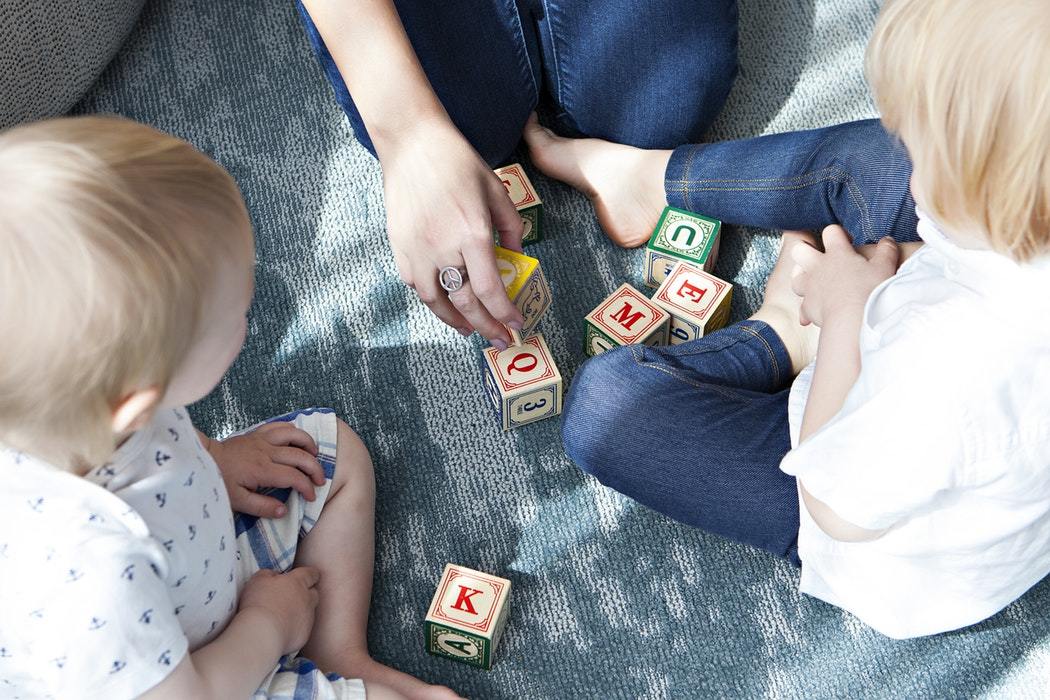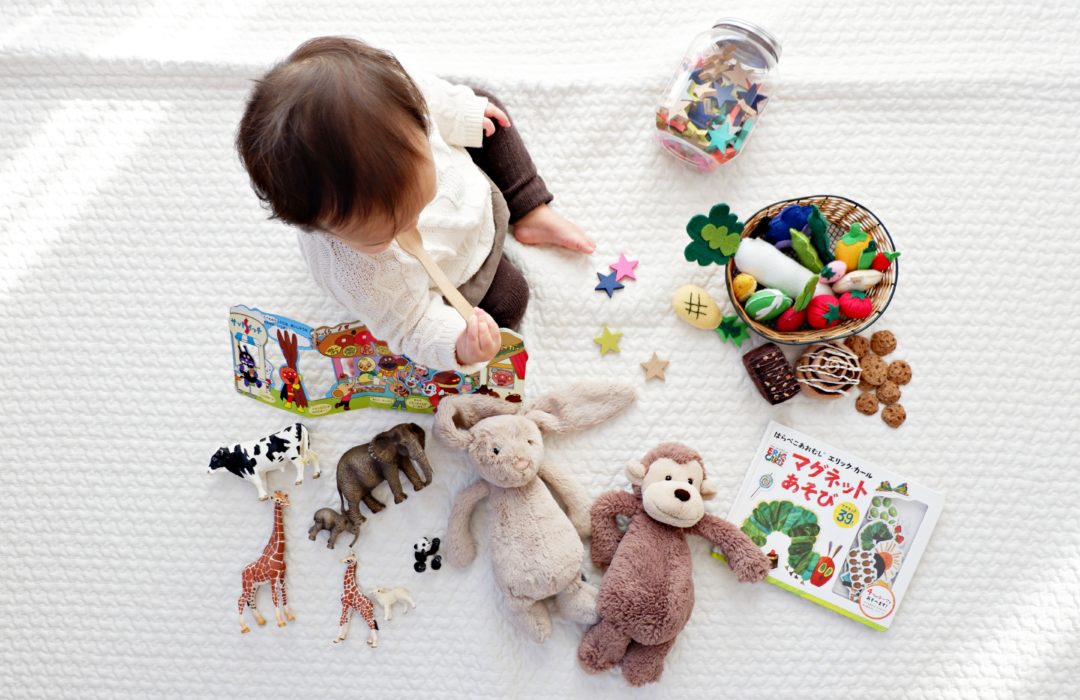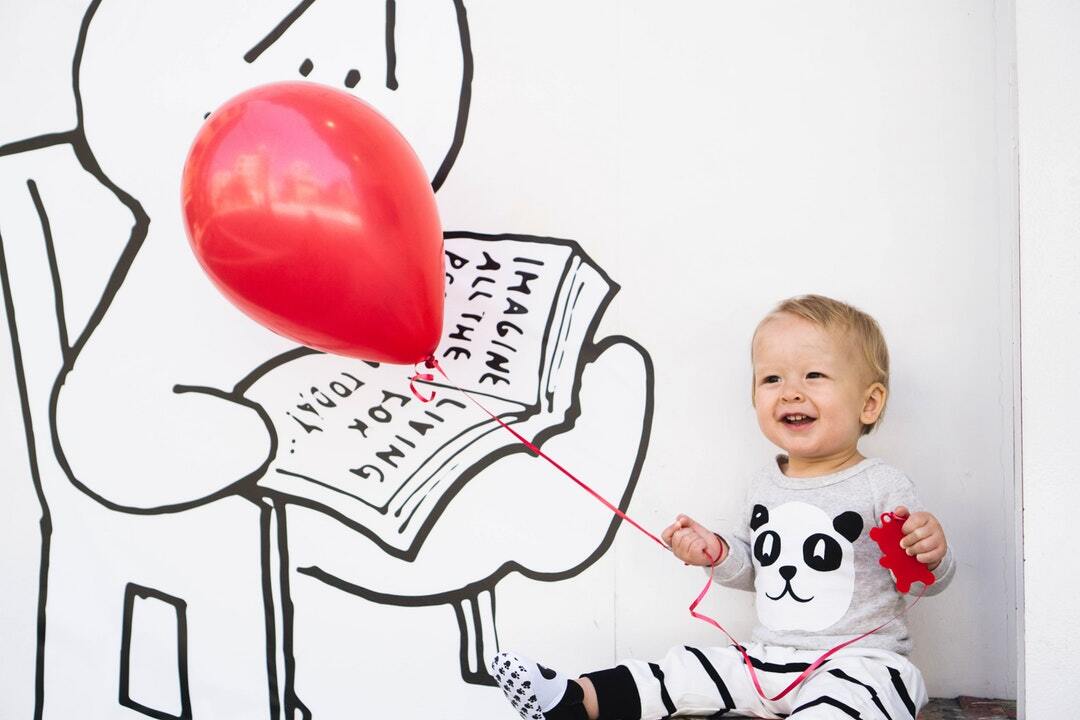Cognitive skills are essential to a child’s growth and development. There are a few strategies to promote these skills in a child.

Children’s brains grow at a higher pace between birth up to the age of three than at any other stage in their lives. It’s time for them to start studying to appreciate better cognitive skills such as paying attention, logic, recalling what they’ve heard and encountered, and also physical motor skills.
Among the easiest ways to improve brain growth and enhance these vital abilities is to play with your child while exploring stimuli and physical environments and learning how to interpret sights and sounds with the help of fort building kits.
Biological and brain developments are conditioned fundamentally in early childhood by the stimuli of the environment. The features of this development will decide factors as important as fitness and general well-being and, in particular, the ability to learn.
Next, we look at specific cognitive skills enhancement strategies and activities to improve a child’s overall growth and development.
Schedule playtime outdoors.
Playing outdoors is a highly successful way to enhance children’s comprehension. Playing outdoors helps thinking abilities by enhancing various senses, promoting creativity, and more. You might even spark your child’s interest in engineering by allowing them to make a fort. It’s an excellent activity for children cooped up playing indoors or using computers at downtime. Create a plan for deliberate outdoor playtime as much as you can.
Get creative with arts and crafts.
Toddlers watch the world around them with curiosity. They are highly interested in replication or reflection of their parents’ or caregivers’ behaviors. Arts and crafts are a way for them to draw, sketch or mold something together or oversee a personal art project at a healthy distance. A box of child-safe art supplies such as finger paints, pencils, chalk, scrap paper, fort building supplies and even PlayDough in your home is a must.

Prepare various games and educational toys.
Play several games like build a fort with your child to promote problem-solving and imagination. If your child is younger, both of you can enjoy playing with stacking blocks and even “Peek-a-Boo.” When your child becomes older, you can involve him in card games, fort building kits, puzzles, and even enjoy “Hide and Seek.”
Use ordinary household objects like toys, too.
Playing with ordinary household objects is instructional, enjoyable, and cost-effective. You can encourage your child to fit different-sized lids to their corresponding pots or make them use a mirror and point to their nose, lips, eyes, etc. Household objects can also be part of how to make a fort with them. It’s a way for them to learn resourcefulness and promote creativity.
Introduce them to brain games.
Thinking is an essential trait for adults and a skill that adults and children need to practice actively. Many people fail to think “outside-the-box,” to come up with ideas, or to think objectively. Brain games have the explicit goal of building on your child’s higher-level thinking and critical thinking skills. It is an incentive for your child to practice reasoning consciously.

Find problem-solving activities suitable for your kids.
Problem-solving is another skill that many older adolescents, as well as adults, need to develop. There are few professions today that don’t depend heavily on a person’s ability to solve problems. However, the strength of problem-solving at an early age is that children typically see difficulties not as problems but rather as obstacles to be solved. Your child can learn this skill from a very early age with fundamental problem-solving exercises and fun games like how to build a fort.
Allow them to play independently.
Finally, independent play is undoubtedly the most effective method for improving children’s cognitive skills. Play is just what kids do. It’s something they spend the whole day doing, and that’s what they naturally need to do to understand. Anything that your children experience before the age of 6 would be mainly by play. Children need time to be able to play independently. Unfortunately, in modern days, they also have to miss opportunities to play independently to participate in different sports. Give your child a space to play independently at home, starting with how to make a fort. Let your child play as much as they are naturally inclined to do. Independent play does not require adult participation. You need to be patient and give your child the space they need.
Let children focus on developing their cognitive skills at home by letting them build a fort. It is a successful way to enhance their critical thinking skills as well. The best cognitive development activities for toddlers involve play, which encourages better engagement and better results. You keep track of success as your child is having fun, making these mental activities productive and enjoyable for all parties.
It is a neuropsychological approach that helps stimulate and develop young individuals’ mental abilities during their lives. Cognitive skills operate in various parts of the brain using different learning strategies to enhance life quality. It can be an excellent choice for infants and young children to improve their fundamental learning mechanisms thoroughly.
Louie is the father behind the travel blog Browseeverywhere.com. He has a background in photography, E-commerce, and writing product reviews online at ConsumerReviews24. Traveling full time with his family was his ultimate past-time. If he’s not typing on his laptop, you can probably find him watching movies.

